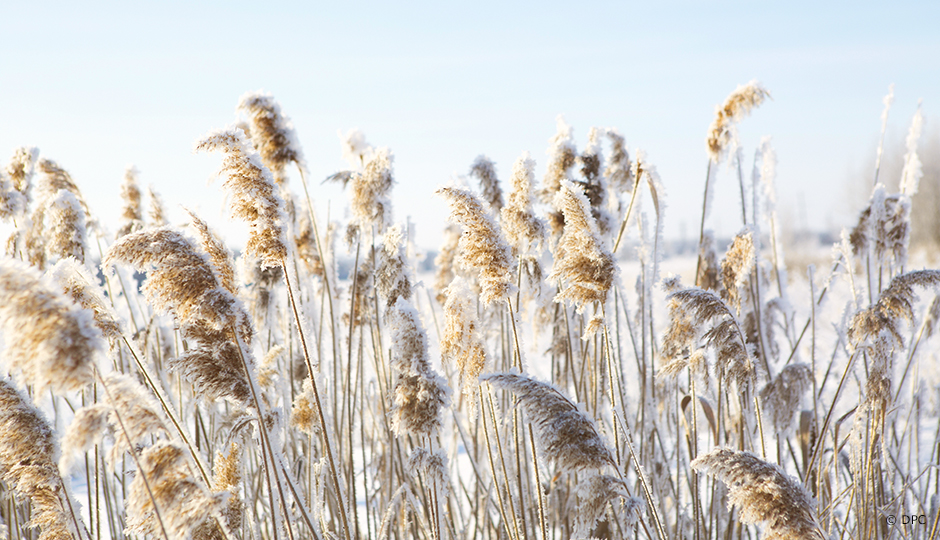Frost is the enemy of farmers, as many crops are sensitive to the cold. Some regions of Québec, such as Abitibi-Témiscamingue, have a great deal of quality arable land that remains underdeveloped due to ground frost, which begins early in fall and can continue late into spring. But what if the plants were more tolerant to frost? Jean-Benoît Charron, a professor in the Faculty of Agriculture and Environmental Sciences at McGill University, is working on increasing frost tolerance in order to extend the growing season in northern areas.
The long-term goal is to create cultivars that will grow and thrive at colder latitudes.
His research is based on the principle that plants, like many other living organisms, develop strategies to acclimate to their environment. Much like humans who dress warmly in cold weather, plants produce protective molecules. More technically, their genes can be turned on or off by chemical changes – such as DNA methylation – that occur in response to stress. Jean-Benoît Charron is seeking to better understand these so-called "epigenetic" mechanisms.
The biologist is using Brachypodium distachyon, a close relative of wheat and barley, to study these mechanisms. Its compact genome and rapid growing cycle make it a good model for this research. Using a variety of molecular biology techniques, Charron is attempting to measure gene activation or repression and the stress responses observed when plants are subjected to cold. His long-term goal is to be able to regulate the epigenetic mechanisms that activate the genes for freezing tolerance in order to overexpress them, creating cultivars that will grow and thrive at colder latitudes.




